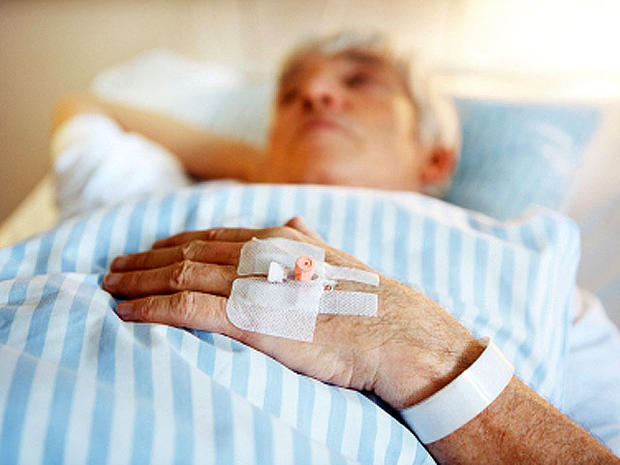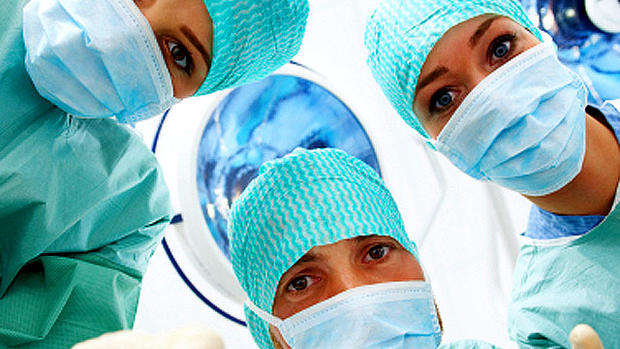Routine cancer screening common among seniors despite doubts
(CBS) Why are so many older Americans getting screened for cancer every year? Despite patients guidelines which recommend against routine screening for adults over 75, a new study suggests most elderly adults are screened regularly for breast, cervical, prostate, and colon cancer.
PICTURES: 5 medical tests that could save your life, 5 to skip
There are more than 36.8 million adults over 65 living in the U.S. and that number is expected to double by 2030, according to study author Dr. Keith M. Bellizzi, assistant professor of human development and family studies at the University of Connecticut in Storrs. That could drive up the nation's health care costs, and result in more tests and unnecessary surgeries for older Americans.
For the study - published in the Dec. 12 issue of Archives of Internal Medicine - researchers reviewed screening data on more than 50,000 adults and found that 62 percent of women 75-79 years old and 50 percent of women over 80 received a mammogram within the past two years. The study also showed 53 percent of women ages 75 to 79 and 38 percent of women over 80 years underwent a pap test to screen for cervical cancer within the past three years.
For prostate cancer screening, 57 percent of men 75-79 were screened within the past year, while 42 percent of men over 80 had a PSA test. Colon cancer screening rates were high among both men and women ages 75-79, with 57 percent of each group reporting routine checkups.
What's behind the high screening rates? Older adults were more likely to get screened if their doctor recommended it and if they were college educated, the study showed.
"Over 50 percent of physicians are continuing to recommend screening tests in older men and women," Bellizzi told Reuters. "I'm hopeful that these findings will serve as a catalyst for an important dialogue that needs to take place."
The government-backed U.S. Preventive Services Task Force advises against cervical cancer testing after 65, and routine breast, colorectal, and prostate cancer screening after age 75 and beyond, CBS Newsreported. That's because screening can lead to more invasive biopsies and surgeries for slow-growing cancers that may never pose a problem, which may result in major complications and side effects.
That's not to say screening won't benefit some older Americans. Bellizzi said doctors need to recommend screening on an individual basis, weighing a patient's overall health and life expectancy, and only after discussing with the patient the potential harms and benefits of the test.
"At a minimum, in order to see any benefit of screening, you would want your patient to have a life expectancy of more than five years," Bellizzi told Reuters.
Dr. Otis Brawley, chief medical officer at the American Cancer Society called screening most of these Americans over 75 a "waste," and suggested doctors may be more concerned with liability than the patient's best interests.
"Many docs are ordering these test purely to cover themselves," Brawley told HealthDay. "We need to think about the rational use of health care and stop talking about the rationing of health care."


